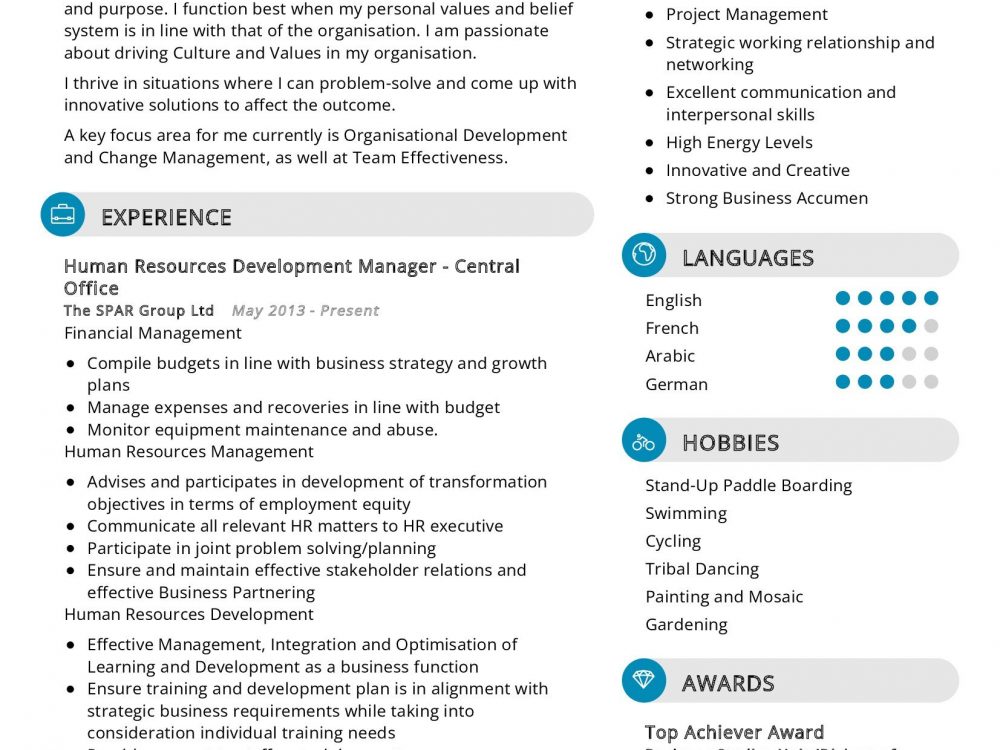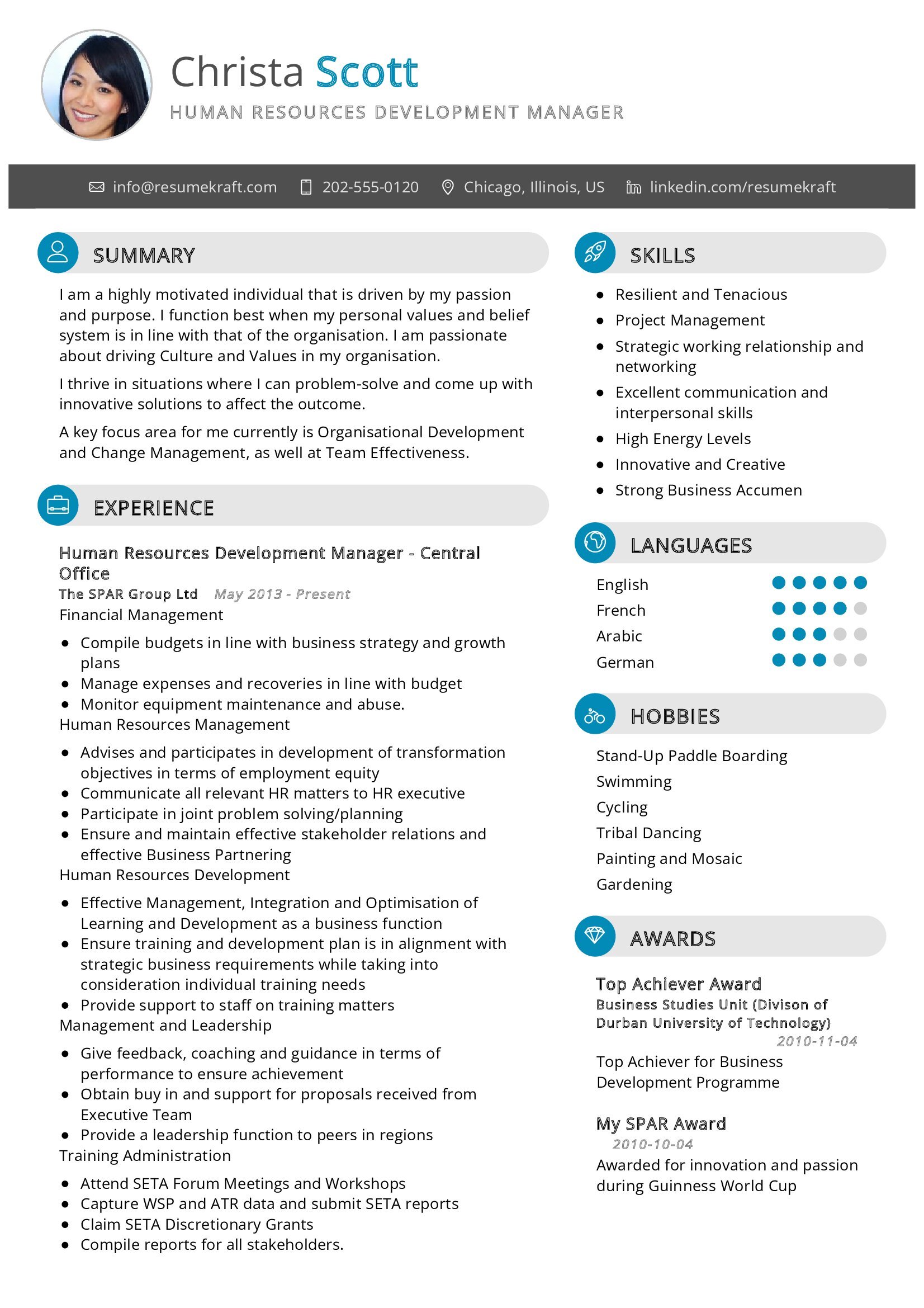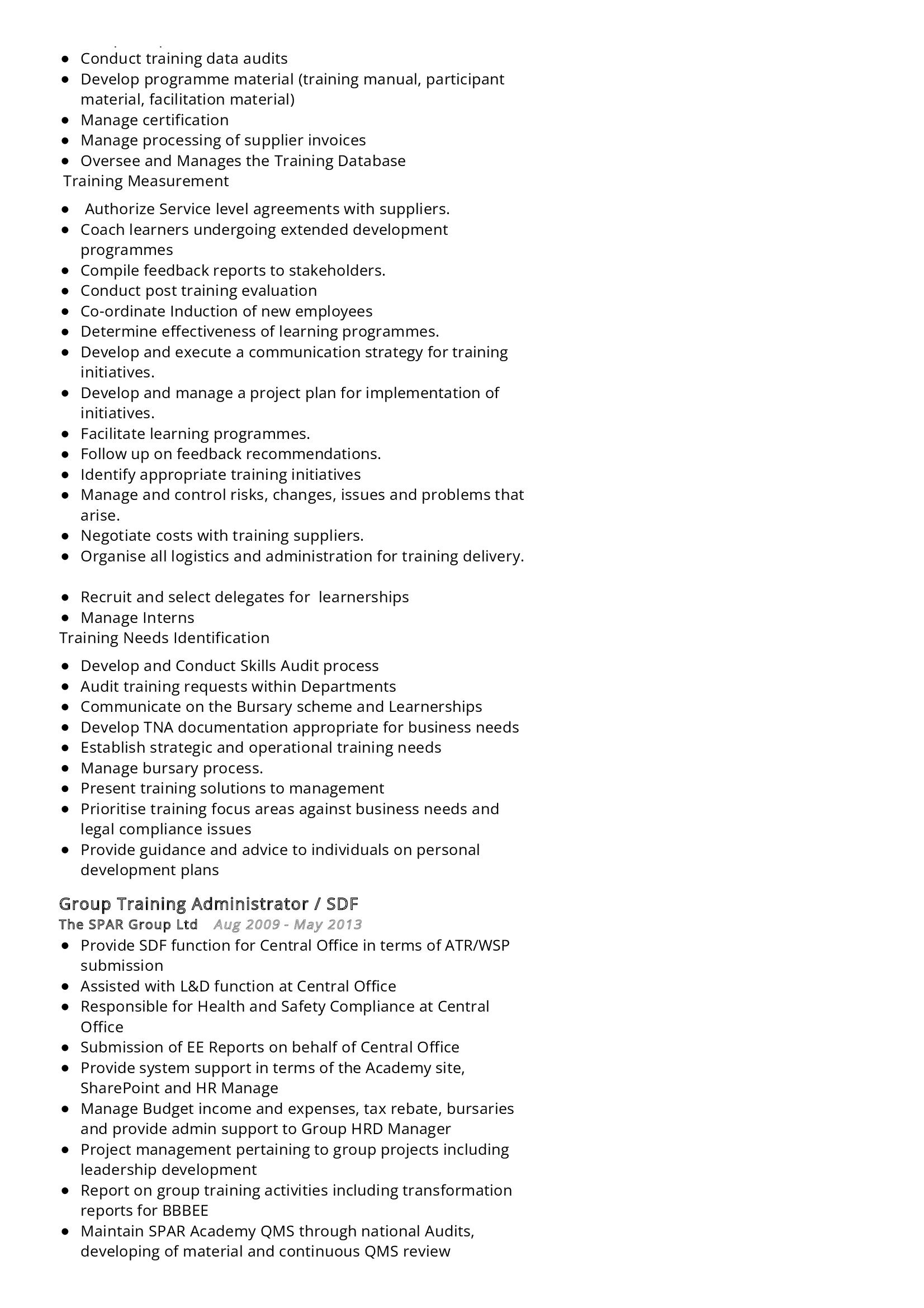Unlocking Success: The Role of a Human Resources Development Manager
In today’s dynamic and ever-evolving professional landscape, the role of a Human Resources Development Manager has become increasingly critical. This position isn’t just about managing resources; it’s about nurturing and empowering the most valuable asset in any organization – its people. Let’s delve into the multifaceted role of a Human Resources Development Manager, a job that demands not only a profound understanding of human resource principles but also strong leadership and strategic skills.
A Human Resources Development Manager plays a pivotal role in shaping an organization’s workforce, ensuring it’s equipped with the skills, knowledge, and motivation to excel. This role involves bridging the gap between an organization’s strategic goals and its employees’ capabilities, fostering a culture of growth, learning, and innovation.
The Path to Becoming a Human Resources Development Manager
Stepping into the shoes of a Human Resources Development Manager requires meeting several stringent requirements, a journey that is both demanding and rewarding. To excel in this role, you need to acquire a diverse set of skills and experiences. Let’s explore the prerequisites that one needs to fulfill to embrace the role of a Human Resources Development Manager:
- Educational Foundation: A Bachelor’s or Master’s degree in Human Resources, Organizational Psychology, Business Administration, or a related field is often the starting point. This educational foundation provides a solid understanding of human behavior, organizational dynamics, and workforce development.
- Experience in HR: Prior experience in various HR roles is crucial. It allows you to understand the intricacies of HR functions, from recruitment to employee relations. This experience should ideally showcase a trajectory of increasing responsibility and leadership within HR departments.
- Leadership Skills: Effective leadership is at the core of this role. Developing and honing your leadership skills through experiences, mentorship, and possibly through courses and certifications is essential. A Human Resources Development Manager must inspire and guide their team toward achieving organizational goals.
- Strategic Vision: This role demands a strategic mindset. You must have the ability to align HR initiatives with the overall business strategy, anticipating future workforce needs and challenges.
- Communication Proficiency: Effective communication is key to success in HR. You need to be able to convey information clearly, listen actively, and resolve conflicts while maintaining a positive and productive work environment.
- Technical Skills: Proficiency in HR software and tools is crucial for managing data, analyzing trends, and streamlining HR processes efficiently. Familiarity with tools like HRIS (Human Resources Information Systems) and ATS (Applicant Tracking Systems) can be a valuable asset.
Continued learning and professional development are essential in the HR field. Pursuing additional certifications, such as the SHRM (Society for Human Resource Management) or HRCI (Human Resource Certification Institute) certifications, can further enhance your profile in the competitive job market.
Responsibilities of a Human Resources Development Manager
The role of a Human Resources Development Manager is a tapestry of varied responsibilities, each contributing to the overall growth and success of the organization. Let’s unravel the core responsibilities that define this role:
- Workforce Planning: Collaborating with organizational leaders to assess current and future workforce needs. This involves analyzing data, forecasting trends, and developing strategies to ensure the right talent is in place when needed.
- Employee Training and Development: Designing and implementing training programs that enhance employees’ skills and competencies. This includes identifying skill gaps, selecting or developing training materials, and evaluating the effectiveness of training initiatives.
- Performance Management: Developing and overseeing performance appraisal processes that provide constructive feedback to employees. This also involves setting performance goals, conducting evaluations, and facilitating performance improvement plans when necessary.
- Succession Planning: Identifying and grooming future leaders within the organization. Succession planning ensures a smooth transition of leadership roles and helps retain top talent.
- Employee Engagement: Creating and implementing strategies to foster a positive workplace culture. This includes initiatives to boost employee morale, recognition programs, and addressing workplace concerns.
- Talent Acquisition and Retention: Collaborating with the recruitment team to attract top talent and developing retention strategies to ensure the organization retains its best employees.
- Change Management: Assisting in managing organizational changes, such as mergers, acquisitions, or restructuring, by helping employees adapt to new roles and responsibilities.
Each responsibility comes with its own set of challenges and learning opportunities, shaping you into a Human Resources Development Manager with a broad skill set and strategic mindset.
Writing a Standout Resume for a Human Resources Development Manager
Your resume is your ticket to landing that coveted Human Resources Development Manager role. It should not only showcase your qualifications but also demonstrate your ability to drive organizational success through effective HR strategies. Here are some tips to craft a compelling resume:
- Highlight Leadership Experience: Emphasize your leadership roles in previous HR positions, showcasing instances where you have led teams to success or initiated HR projects that had a significant impact on the organization.
- Showcase Achievements: Detail specific initiatives or programs you have spearheaded, quantifying their impact on the organization. Use metrics to illustrate your successes and contributions.
- Emphasize Relevant Certifications: List any relevant certifications you hold, such as SHRM-CP, SHRM-SCP, or other HR certifications. These certifications demonstrate your commitment to professional development.
- Customize for the Role: Personalize your resume for each job application. Tailor your qualifications and achievements to align with the specific requirements and responsibilities of the Human Resources Development Manager role you’re pursuing.
Your resume should be a compelling narrative of your journey in HR, showcasing your unique strengths and contributions.
Human Resources Development Manager Resume Summary Examples
Your resume summary is the opening act of your career story, setting the stage for what follows. It should be a powerful snapshot of your journey, encapsulating your experiences, skills, and the value you bring to the table. Here are some examples to inspire you:
- “Experienced Human Resources Development Manager with a proven track record in designing and implementing talent development programs that drive employee growth and organizational success.”
- “Results-driven HR leader with a passion for fostering a culture of continuous learning and development. Skilled in workforce planning, performance management, and employee engagement.”
- “Strategic Human Resources Development Manager with a talent for aligning HR initiatives with business goals. Experienced in leadership development, talent acquisition, and change management.”
Each summary is a window to your career, offering a glimpse of your journey, your strengths,
and your vision as a Human Resources Development Manager.
Education and Professional Development for HR Managers
Your educational journey is the foundation upon which your career stands. It is a testament to your knowledge, your expertise, and your commitment to learning. Here’s how you can list your educational milestones:
- Master of Business Administration (MBA) in Human Resources Management, XYZ University, 2018.
- Bachelor of Science in Psychology, ABC University, 2014.
- SHRM Certified Professional (SHRM-CP), Society for Human Resource Management, 2019.
Each educational qualification is a stepping stone, leading you to the pinnacle of success in your HR career.
Key Skills for Human Resources Development Managers
Your skill set is your toolbox, equipped with a diverse range of tools that you have honed over the years. It is a showcase of your abilities, both innate and acquired. Let’s list down the essential skills that a Human Resources Development Manager should possess:
Soft Skills:
- Leadership and Team Management: The ability to lead and inspire HR teams to achieve organizational goals.
- Communication and Interpersonal Skills: Effective communication, active listening, and the ability to build strong relationships.
- Problem-Solving Abilities: The knack of finding solutions in challenging HR situations.
- Attention to Detail: A meticulous approach to ensure HR processes and compliance are error-free.
- Adaptability and Resilience: The strength to adapt to changing HR scenarios and bounce back from setbacks.
Technical Skills:
- HR Software and Tools: Proficiency in HRIS (Human Resources Information Systems) and ATS (Applicant Tracking Systems).
- Data Analysis: The ability to analyze HR data to inform decision-making and strategy.
- Project Management: Managing HR projects from inception to successful completion.
- Training and Development: Designing and delivering effective training programs.
- Employee Relations: Managing employee relations effectively and resolving conflicts.
Each skill is a tool, aiding you in driving HR excellence and fostering a positive work environment.
Common Mistakes to Avoid When Writing a Human Resources Development Manager Resume
As you craft your resume, it’s essential to steer clear of common pitfalls that can hinder your journey to landing your dream Human Resources Development Manager role. Here are some mistakes to avoid:
- Generic Resumes: Using a one-size-fits-all resume approach. Tailor your resume for each job application to highlight your suitability for that specific role.
- Lack of Achievements: Merely listing job duties without showcasing your achievements and contributions. Use metrics and examples to demonstrate your impact.
- Ignoring the Cover Letter: Don’t skip the cover letter. Use it as an opportunity to tell your story, connect with potential employers, and explain why you’re the right fit for the role.
- Technical Jargon Overload: Avoid overwhelming your resume with HR jargon. Ensure your accomplishments and skills are understandable to a broad audience.
- Failure to Proofread: Overlooking typos and grammatical errors can dent your professional image. Proofread your resume meticulously before submitting it.
Avoiding these mistakes will help you craft a resume that is both authentic and compelling, increasing your chances of landing your desired role.
Key Takeaways for Aspiring Human Resources Development Managers
As we reach the conclusion of this comprehensive guide, let’s recap the key points to keep in mind as you aspire to become a Human Resources Development Manager:
- Emphasize your leadership journey and HR achievements on your resume to stand out to potential employers.
- Showcase your strategic thinking and ability to align HR initiatives with business goals.
- Continuously invest in your professional development by pursuing relevant certifications and staying updated with HR trends.
Remember, your journey to becoming a successful Human Resources Development Manager is a path of growth, learning, and leadership. With the right qualifications, skills, and a compelling resume, you’re well on your way to unlocking success in the field of human resources.
Ready to take the next step in your HR career? Utilize our AI Resume Builder to create a standout application that highlights your unique qualifications and experiences. It’s your gateway to landing that dream Human Resources Development Manager role!



